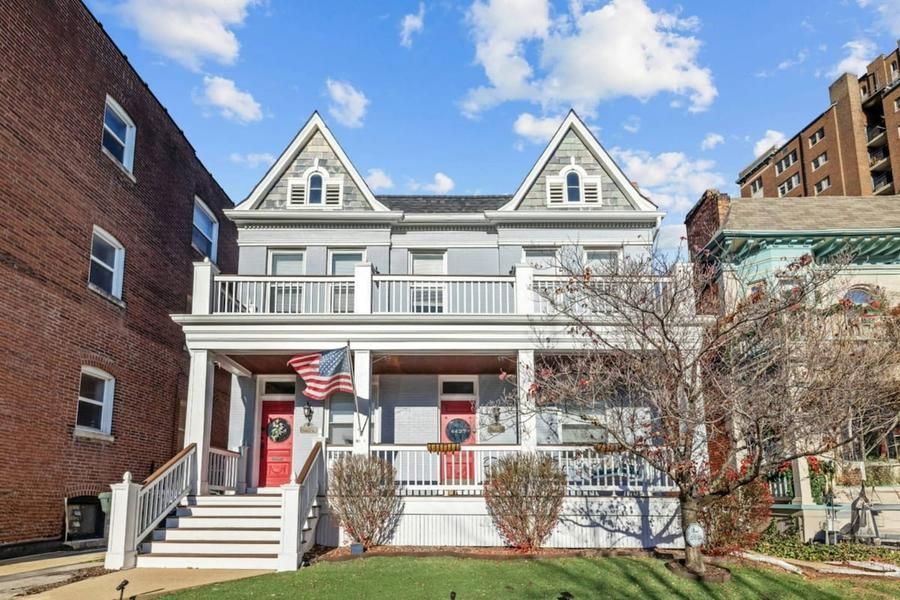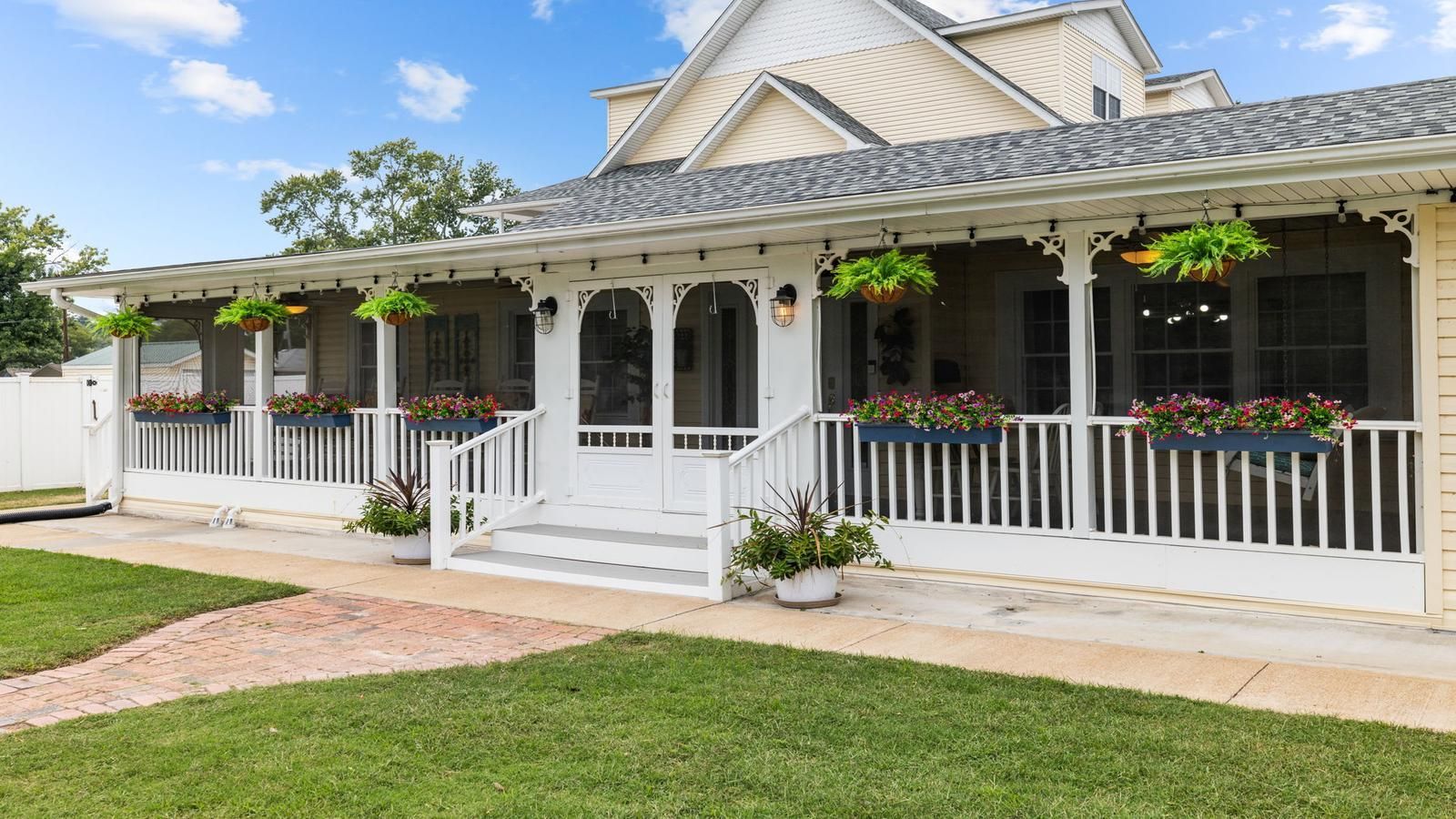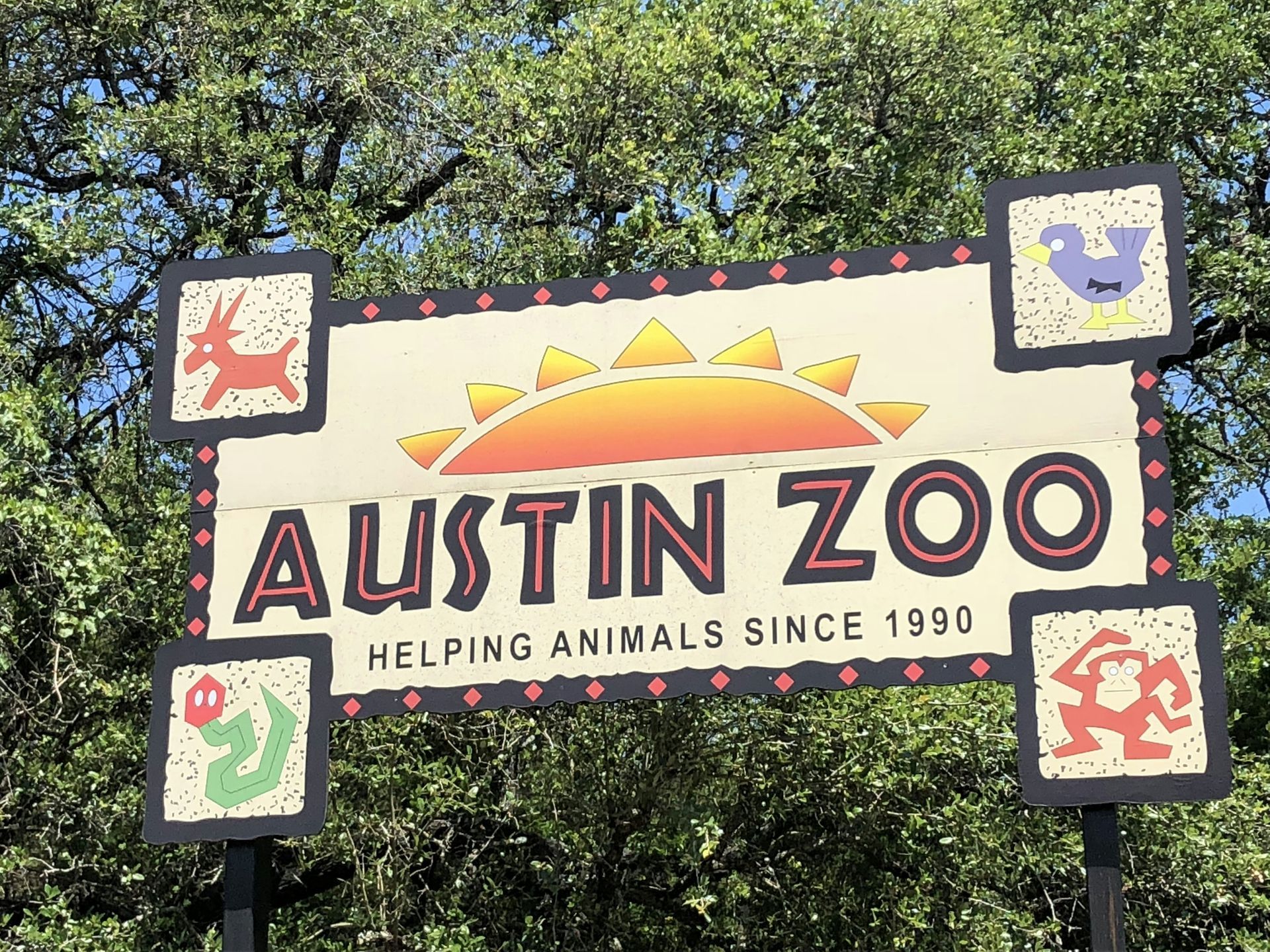Missouri Short-Term Rental Regulations: A 2025 Guide to Local Laws
By: Albert Brown | Jun 28, 2025

Introduction: A Growing Market with Complex Rules
Missouri’s short-term rental (STR) market continues to thrive in 2025, drawing investors and travelers alike. From the vibrant cityscapes of St. Louis and Kansas City to the serene charm of the Lake of the Ozarks and Branson, vacation rentals listed on platforms like Airbnb and VRBO are booming.
But with growth comes complexity. Missouri does not enforce a unified statewide framework for STRs. Instead, each city or county sets its own rules —creating a fragmented legal landscape for hosts and property owners. What’s compliant in Springfield may be restricted in Columbia. A property legally rented in Branson could be off-limits just a few miles away in unincorporated Taney County.
This guide breaks down what you need to know to legally operate a short-term rental in Missouri —from understanding local laws and permits to taxes, safety standards, and more.
State vs. Local Authority: Why the Rules Vary Widely
Missouri has taken a “local-first” stance on regulating short-term rentals. Unlike states that pass centralized legislation to manage STR activity, Missouri gives complete authority to local governments to draft, enforce, and amend STR regulations within their jurisdictions.
This means:
- No uniform STR law exists at the state level
- Zoning, licensing, tax rates, and operational rules differ by municipality
- STR legality is determined property by property, city by city
For investors and hosts, this decentralization requires proactive research. Before listing or purchasing a property, it's essential to check local ordinances and planning department resources.
Key takeaway: In Missouri, operating a short-term rental legally means understanding not just state tax rules but also the specific local regulations that apply to your property’s exact location.
Core Compliance Areas for Missouri Short-Term Rentals

Key Legal Requirements for Short-Term Rentals in Missouri
Operating a short-term rental (STR) in Missouri means complying with a variety of local laws, which typically fall into four key categories: zoning, licensing, taxation, and safety standards. Understanding these areas is crucial to staying legal and profitable.
1. Zoning and Land Use Restrictions
Each Missouri municipality sets its own zoning rules for STRs. These regulations determine where short-term rentals are allowed and under what conditions.
- Owner-occupied STRs (where the host lives on-site) are often more permissible in residential zones.
- Non-owner-occupied STRs (entire homes or units) may be restricted to commercial or mixed-use districts.
- Some cities require conditional use permits, distance minimums between rentals, or limit the number of STRs per neighborhood.
Tip: Always check with your city or county’s zoning department before investing. Even if a property looks ideal, it may not be eligible for short-term rental use.
2. STR Licensing and Permitting
Most Missouri cities that allow STRs require some combination of:
- A short-term rental permit
- A business license
- Application fees ranging from $50–$300
- Proof of ownership or landlord permission
- Floor plans, maximum occupancy declarations, and parking plans
- A designated local contact available 24/7
- Proof of liability insurance ($500,000–$1 million)
Many jurisdictions also require annual renewals and may conduct inspections. Failure to comply can result in fines, delisting from platforms, and permit revocation.
3. Tax Obligations
Missouri STR operators must navigate both state and local tax rules:
- State Sales Tax (4.225%): Applies to all stays under 30 days. Hosts must register with the Missouri Department of Revenue and remit taxes.
- Local Taxes: These may include lodging, tourism, convention center, or improvement district taxes—rates vary widely by location.
- Platform Remittance: Airbnb or VRBO may collect and remit some taxes, but hosts are responsible for anything not covered.
Tip: Confirm with your local tax office what’s required. Set up separate accounts and track everything carefully.
4. Health, Safety, and Operational Standards
To legally operate in most Missouri jurisdictions, STRs must meet local safety and operational codes:
- Smoke and CO detectors
- Fire extinguishers
- Posted emergency exits and contact info
- Quiet hours enforcement
- Trash disposal and parking compliance
- House rules and permit display inside the unit
Cities like Kansas City, Columbia, and Branson often conduct inspections or require self-certification before issuing or renewing permits.
Local Case Studies: How Missouri Short-Term Rental Regulations Vary by City
Kansas City: A Tiered Permit System
- Permit Required: All STRs must register with the city.
- Neighbor Notification: Hosts must notify residents within 250 feet of the property.
- Safety Inspections: Mandatory for permit approval.
- Annual Renewals: Required to maintain legal operation.
Kansas City is among the strictest cities in enforcing Airbnb laws in Missouri, especially for investors operating multiple units.
St. Louis: Primary Residence Emphasis
- Primary Residence Requirement: In many zones, only the owner’s main residence may be used as an STR.
- STR Certificate: Must be obtained through the city with proof of insurance and safety compliance.
- Tax Collection: Hosts are required to register for city lodging taxes.
Compliance is closely monitored—non-permitted listings risk immediate enforcement and delisting from platforms.
Branson: Tourism-Focused Enforcement
- STR Business License: Required for all short-term rentals.
- Zoning Regulations: STRs must be in approved commercial or tourist zones.
- Occupancy & Parking Limits: Strictly enforced to minimize community disruption.
- Tourism Taxes: Operators must register, collect, and remit local taxes directly.
Branson enforces short-term rental laws proactively, often performing audits and spot checks.
Columbia: Residential Restrictions
- Permit Required: All STRs must register, with restrictions based on zoning.
- Good Neighbor Requirements: Hosts must follow operational standards that include quiet hours and parking rules.
- Local Contact Availability: A contact must be available 24/7 to respond to complaints.
Columbia demonstrates how STR compliance in Missouri can vary sharply even among college towns or mid-sized cities.
Enforcement and Penalties: What Happens If You Don’t Comply with Missouri STR Laws
Failing to follow local short-term rental regulations in Missouri is not just risky—it can be costly and damaging to your reputation as a host or investor. Each city enforces its own penalties for non-compliance, and enforcement has increased significantly as more STRs enter the market.
Common Violations That Trigger Penalties
- Operating without a required STR permit or business license
- Renting in prohibited zones or violating zoning restrictions
- Exceeding occupancy or parking limits
- Failing to pay state or local STR taxes
- Ignoring noise ordinances or trash protocols
- Listing properties without posting permit numbers (where required)
Typical Penalties for Non-Compliance
- Fines: Cities like St. Louis, Kansas City, and Branson can impose daily fines of $100 to $1,000 per violation.
- Permit Revocation: Repeated or severe violations can result in permanent loss of STR operating privileges.
- Platform Delisting: Airbnb, VRBO, and other platforms may suspend or remove listings reported for legal violations.
- Legal Action: Cities may file cease-and-desist orders, place property liens, or pursue lawsuits for serious or recurring infractions.
The Cost of Non-Compliance in Missouri
- Lost rental income during enforcement proceedings
- Reputational harm and negative guest reviews
- Voided insurance policies if illegal activity is discovered
- Difficulty obtaining future permits or appealing penalties
✅ Best Practice: Proactive Compliance
- Complete all required STR registrations and renewals promptly
- Keep documentation of inspections, taxes, and permits readily available
- Address neighbor complaints swiftly and respectfully
- Stay updated on local ordinance changes
Professional STR Management: Simplifying Compliance and Maximizing Profit in Missouri
What a Short-Term Rental Property Manager Does
- Regulatory Compliance: Ensures your property meets local licensing, zoning, and safety standards.
- Tax Management: Handles registration, collection, and remittance of local and state taxes.
- 24/7 Guest Services: Meets city requirements for guest support and enhances experience.
- Maintenance and Inspections: Schedules upkeep, manages emergencies, and ensures compliance.
- Listing Optimization: Markets properties on Airbnb, VRBO, etc. to maximize bookings and rates.
Why Missouri STR Owners Are Turning to Full-Service Managers
Many owners partner with experienced professionals familiar with:
- St. Louis and Kansas City’s unique permit and inspection protocols
- Branson’s tourism tax and zone-specific rules
- Columbia’s residential STR restrictions
A qualified STR manager in Missouri can anticipate and resolve compliance issues before they become legal or financial problems.
Example: Home Team Luxury Rentals
- Turnkey compliance services
- Transparent owner reporting and accounting
- Local expertise tailored to luxury vacation homes
- Proven guest satisfaction and return on investment
✅ Tip: Delegate for Success
Hiring a short-term rental manager in Missouri can save you time, prevent costly mistakes, and elevate your STR to a truly professional operation.
Conclusion: Mastering Missouri’s Short-Term Rental Landscape
Missouri offers fertile ground for short-term rental success—but only for those who understand and respect its local STR laws and Airbnb regulations. The absence of statewide guidance means that hosts must be proactive, diligent, and city-specific in their approach.
Key Takeaways for Compliant STR Success in Missouri
- Research Local Ordinances: Always check zoning laws, permit types, and usage restrictions.
- Register and Stay Current: Keep STR permits, business licenses, and tax registrations up to date.
- Meet Health & Safety Standards: Smoke detectors, fire extinguishers, and emergency instructions are typically required.
- Manage Taxes Carefully: Know all your tax responsibilities—even if platforms handle some for you.
- Know Your HOA or Condo Rules: Private rules may prohibit STRs even where city laws allow them.
Compliance Is Your Competitive Advantage
Regulatory adherence builds trust, prevents disruptions, and supports long-term success in Missouri’s evolving rental market. With preparation, local knowledge, and the right support, you can thrive in this complex but rewarding space.
Disclaimer: This guide is for informational purposes only and does not constitute legal or financial advice. Always consult with local authorities, legal counsel, or a tax professional regarding your specific STR operation.








